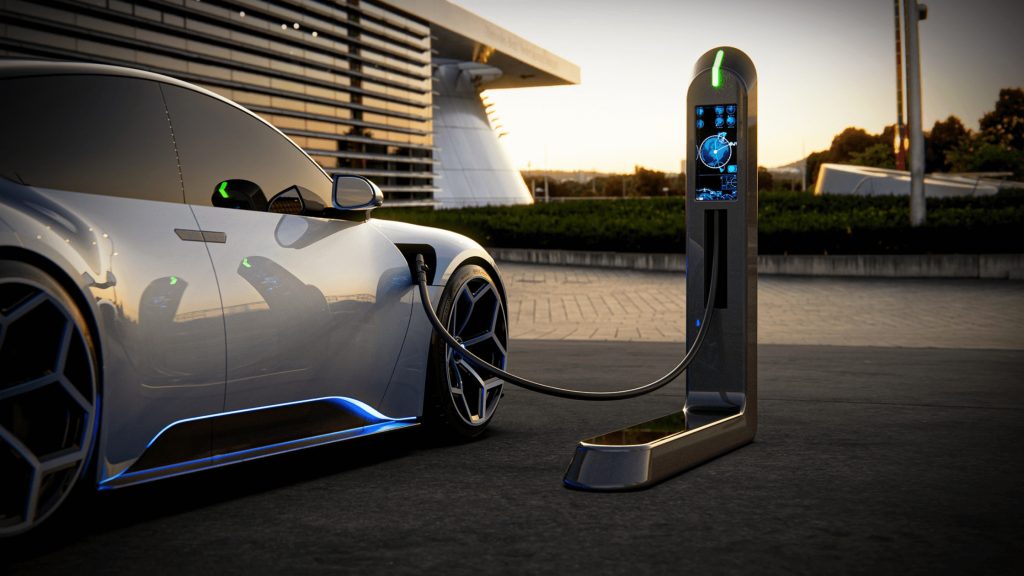A state secretary at the Sea, Transport and Infrastructure Ministry, Josip Bilaver, said that the amendments were aimed at developing infrastructure for alternative fuels (electricity, hydrogen, biofuels, natural gas) as a precondition for their use in transport.
This would help develop a sustainable market and transport system based on alternative fuels as well as their minimum impact on the environment and society, he said.
He noted that the bill ensured alignment with EU regulations and created preconditions for a better provision of services for users of alternative fuels by establishing a register of charging stations for alternative fuels.
1,300 new charging stations in next 2-3 years
Noting that the ministry was not satisfied with the number of charging stations for alternative fuels and their capacity, Bilaver said that under the National Recovery and Resilience Plan, in the next two to three years 1,300 new charging stations would be built, of which 200 would be fast and 1,100 standard.
Anka Mrak Taritaš (Centre/GLAS) said that Croatia was dealing with the topic of alternative fuels not because it wanted to but because it had to, as it was an EU topic.
She noted that public transport was the biggest source of pollution in road, rail and other transport.
The key question, therefore, is what kind of fuels public transport vehicles will use, she said, wondering what Croatia would subsidize and what it would invest in.
The MP said that in 2021 more than 50% of vehicles sold on the European market were electric vehicles and that they would arrive in Croatia as a tourist country. Important for visitors will be what kind of charging stations we have and how fast they are. “We have to take that into account as well,” she said.
SDP MP Mirela Ahmetović said that Croatia is aligning with a 2014 EU directive and its amended version from 2019, while the EC has published a proposal for a new regulation for infrastructure for alternative fuels, which should go into force already this year to encourage a faster transition to mobility with low or zero emissions, with appropriate infrastructure for vehicles powered by alternative fuels.
And we are introducing a directive that we will soon have to repeal, she warned.
Željko Pavić of the Social Democrats believes it is important that as a tourist destination Croatia legally defines the development of infrastructure for hydrogen charging stations also for vessels due to boaters who, he said, will definitely start using hydrogen as a fuel for their vessels. This is also important for people living on islands and shipping companies that will seek an alternative for oil products, he said.
Miro Totgergeli of the HDZ group said that over the past five years a large number of charging stations for electric vehicles had been built but apart from liquefied petroleum gas, the use of other alternative fuels for transport was rather limited in Croatia. The market for vehicles that do not use oil products is also very small, he said.
Noting that the EU would reduce energy consumption by 36% by 2030 to achieve the target of carbon neutrality by 2050, Vesna Vučemilović of the Croatian Sovereignists said that the volume of transport in the EU was constantly growing, which would have an effect on climate change, the quality of air, and infrastructure.
She also warned that a biodiesel factory in Vukovar was closed down in 2016 because there was no market for it.
For more, check out our politics section.








